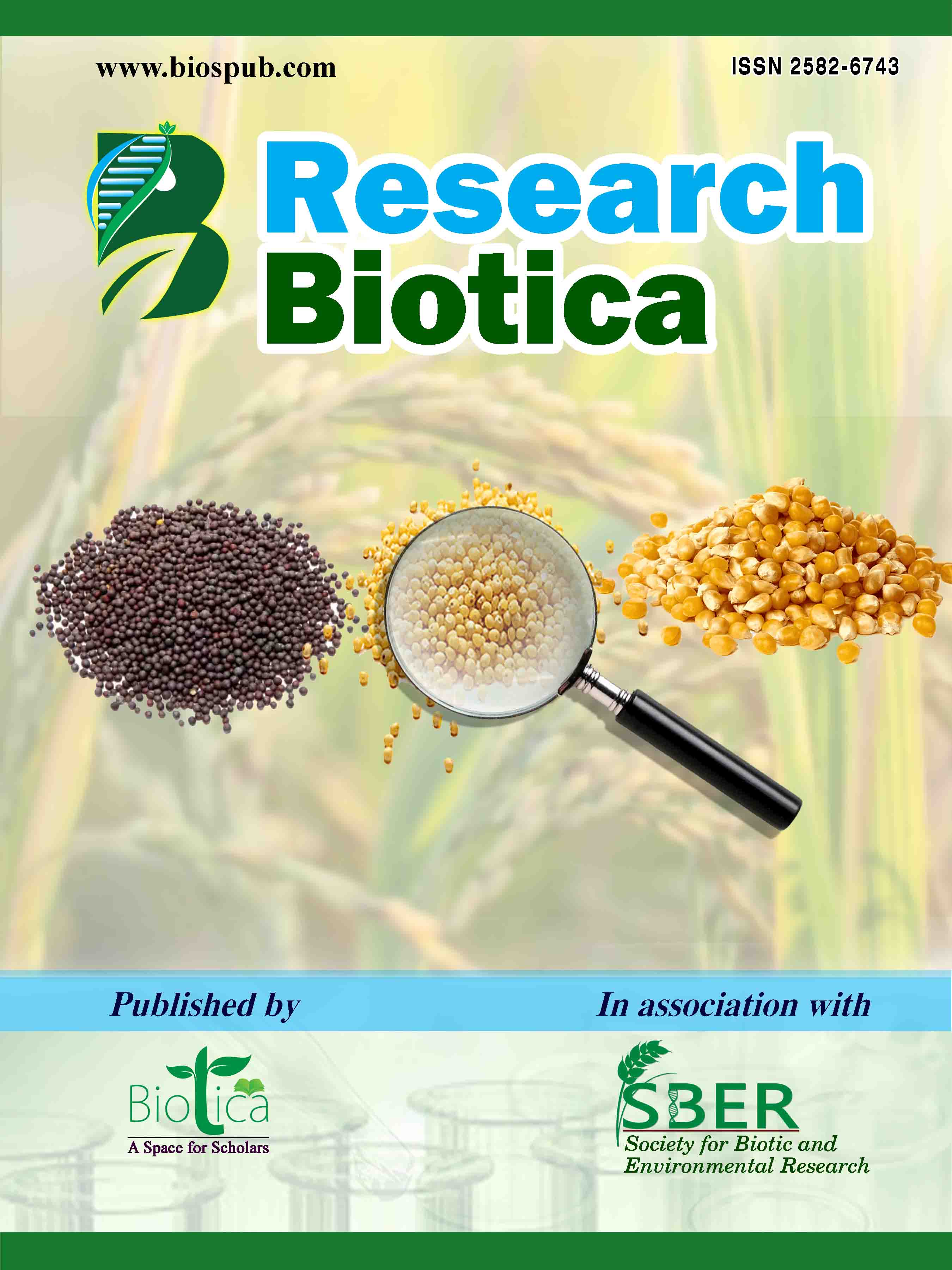Embracing Green Farming: Sustainable Practices for a Flourishing Future
Keywords:
Biodiversity conservation, Food security, Green farming, Sustainable agricultureAbstract
This article explores the principles, benefits, challenges and innovative strategies associated with green farming, also known as sustainable agriculture. Green farming represents a holistic approach to agriculture that prioritizes environmental stewardship, economic viability and social responsibility. By adopting practices such as soil health management, biodiversity conservation and climate resilience, green farming offers numerous benefits, including environmental sustainability, economic viability and food security. However, the widespread adoption of green farming faces challenges such as knowledge gaps, economic constraints and policy barriers. To overcome these challenges, innovative strategies such as farmer education, public-private partnerships, market-based incentives and technological innovation are essential. By embracing these strategies, stakeholders can accelerate the transition to a more sustainable, resilient and equitable agricultural future.
Downloads
Downloads
Published
How to Cite
Issue
Section
License
Copyright (c) 2024 Biotica Research Today

This work is licensed under a Creative Commons Attribution-NonCommercial-NoDerivatives 4.0 International License.









 |
|